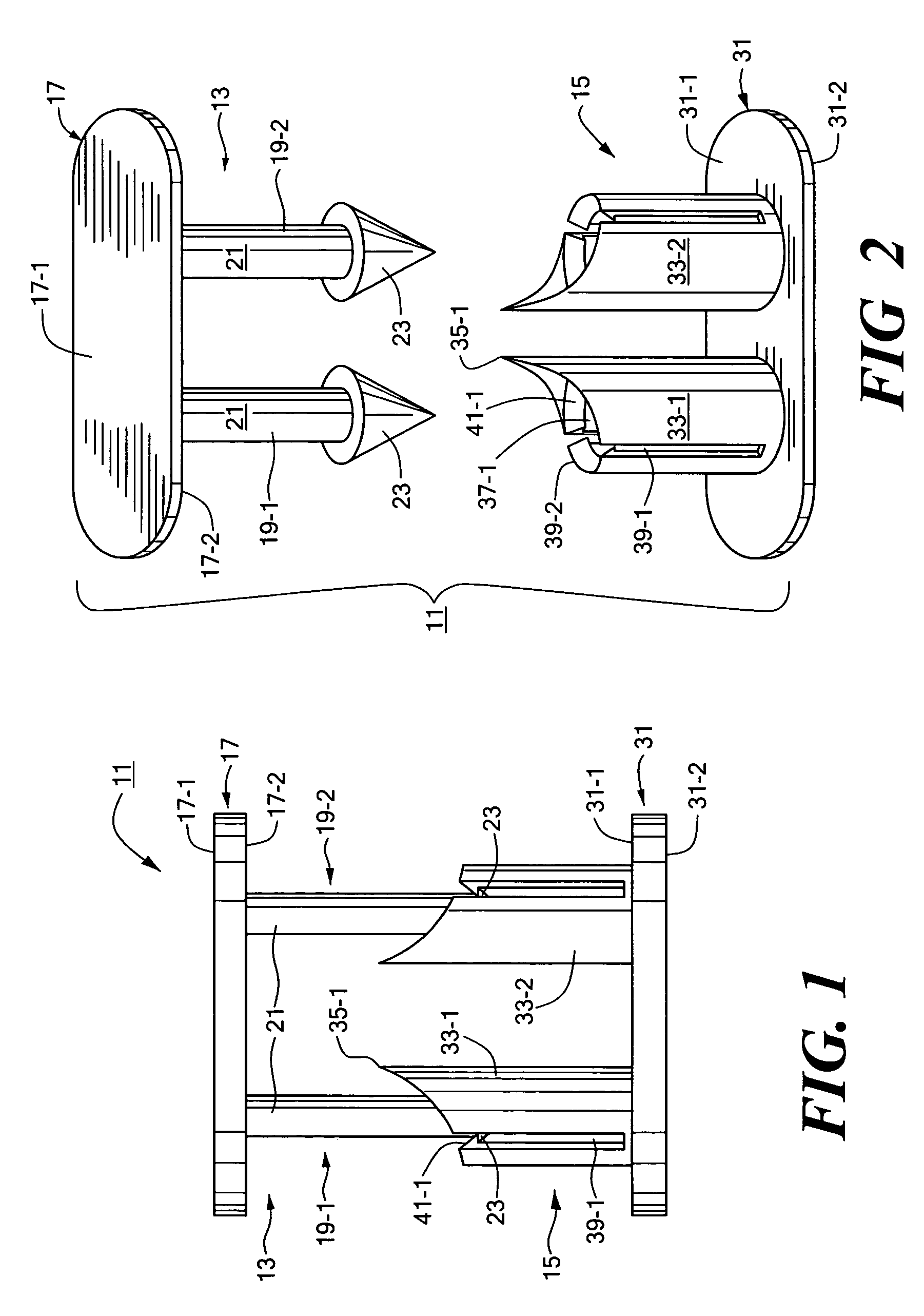
Introduction: Medical technology has made significant strides in recent years, and one of the most innovative developments in the field is the impermanent biocompatible fastener. These fasteners offer a wide range of benefits, from minimizing damage to delicate tissue to reducing the risk of infection. In this blog post, we'll explore the advantages of this exciting technology and examine some of the ways it is changing the medical field.
I. What is an Impermanent Biocompatible Fastener? A. Definition of an Impermanent Biocompatible Fastener B. Materials Used in Impermanent Biocompatible Fasteners
II. Advantages of Impermanent Biocompatible Fasteners A. Reduced Tissue Damage B. Reduced Risk of Infection C. Improved Healing Time D. Versatility in Medical Applications
III. Applications of Impermanent Biocompatible Fasteners A. Orthopedic Surgery B. Cardiac Surgery C. Plastic Surgery D. Gastrointestinal Surgery
IV. Types of Impermanent Biocompatible Fasteners A. Staples B. Clips C. Sutures D. Tissue Adhesives
V. Future of Impermanent Biocompatible Fasteners A. Ongoing Research and Development B. Potential Applications C. The Role of Impermanent Biocompatible Fasteners in the Future of Medicine
Conclusion: The impermanent biocompatible fastener is an innovative and versatile technology that is transforming the field of medicine. With the potential to reduce tissue damage, minimize infection risk, and improve healing time, it is no surprise that this technology is becoming increasingly popular across a range of medical applications. As research and development in this field continue, it is exciting to think about the potential for even more advanced applications and technologies in the future.
Trending Searches in Patented Technology
- Endoscope having a guide tube
- Impermanent biocompatible fastener
- Manipulator apparatus
- Mitral Valve System
- System and method for archiving objects in an information store
- Compositions comprising a fluoroolefin
- Channel equalization system and method
- Transcutaneous analyte sensor
- Secure authentication and payment system
- Powering devices using RF energy harvesting
